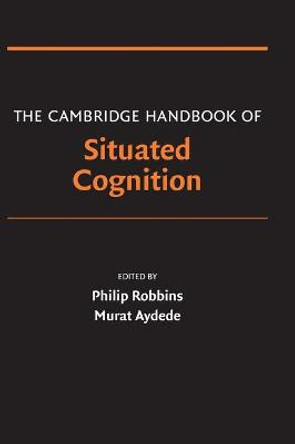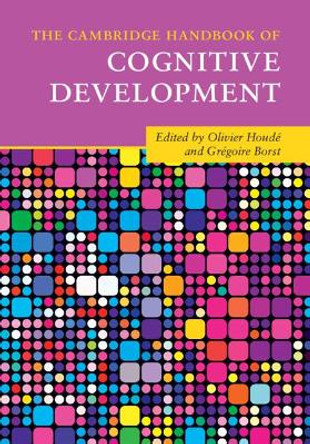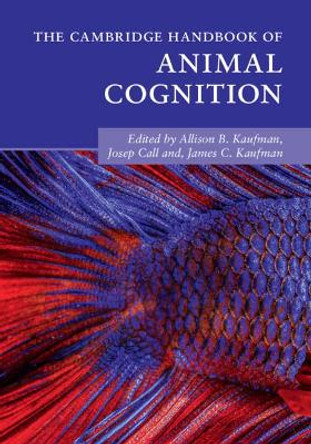Description
This book is a guide to a movement in cognitive science showing how environmental and bodily structure shapes cognition.
About the Author
Philip Robbins received his BA from Harvard University and his PhD from the University of Chicago. Before coming to the University of Missouri, he taught at the University of Vermont and Washington University in St Louis. Murat Aydede received his BA from Bogazici University in Istanbul and his PhD from the University of Maryland at College Park. Before coming to the University of British Columbia, he taught at the University of Chicago and the University of Florida.
Reviews
"Situated cognition has become a hot topic in cognitive science, encompassing a broad range of disciplines and theories concerning the relationship between mind, body and the world. The Cambridge Handbook provides an indispensable guide to the best ideas and controversies concerning the problems of embodied, embedded, distributed and situated cognition. Publication of the Handbook is a landmark in bringing together the foremost theorists in a comprehensive, interdisciplinary collection. The chapters are original overviews concerning historical, foundational, theoretical and empirical issues from philosophy, neuroscience, linguistics, psychology, AI and robotics. The collection is a definitive resource for understanding the central issues in cognitive science today concerning mental representations, their meaning and their grounding interactions with the body and the external world." -Dr. Peter Slezak, University of New South Wales
"...If you are interested in exploring what all the buzz is about concerning terms like situated cognition, situativity, action theory, embodied cognition, embodiment, and distributed cognition, then The Cambridge Handbook of Situated Cognition is worth your perusal...tantalizing ideas and pieces of evidence all in search of a testable theory of cognition..." -Richard E. Mayer, PsycCRITIQUES [September 2, 2009, Vol. 54]
"... A fascinating feature of the Handbook is that there is tremendous variability amongst contributors in terms of their willingness to adopt the more radical consequences of the situated approach... Given that the more radical ideas presented in The Cambridge Handbook of Situated Cognition have the potential to completely redefine the proper domain of cognitive psychology and cognitive science, it is essential reading..." -Michael Dawson, Canadian Psychology/Psychologie Canadienne
"...This volume is a rich source of ideas and references for further exploration, covering every aspect of cognitive activity and engaging the full range of supporters and opponents of the basic ideas. References are listed separately for each chapter, but there is an integrated index. The work will be essential background for any course in cognitive science, and it can also serve as a convenient desk reference for researchers in AI, robotics, and other systems that require careful consideration of the relation between thinking and the world." -H. Van Dyke Parunak, Computing Reviews
Book Information
ISBN 9780521612869
Author Philip Robbins
Format Paperback
Page Count 526
Imprint Cambridge University Press
Publisher Cambridge University Press
Weight(grams) 1080g
Dimensions(mm) 254mm * 178mm * 28mm






